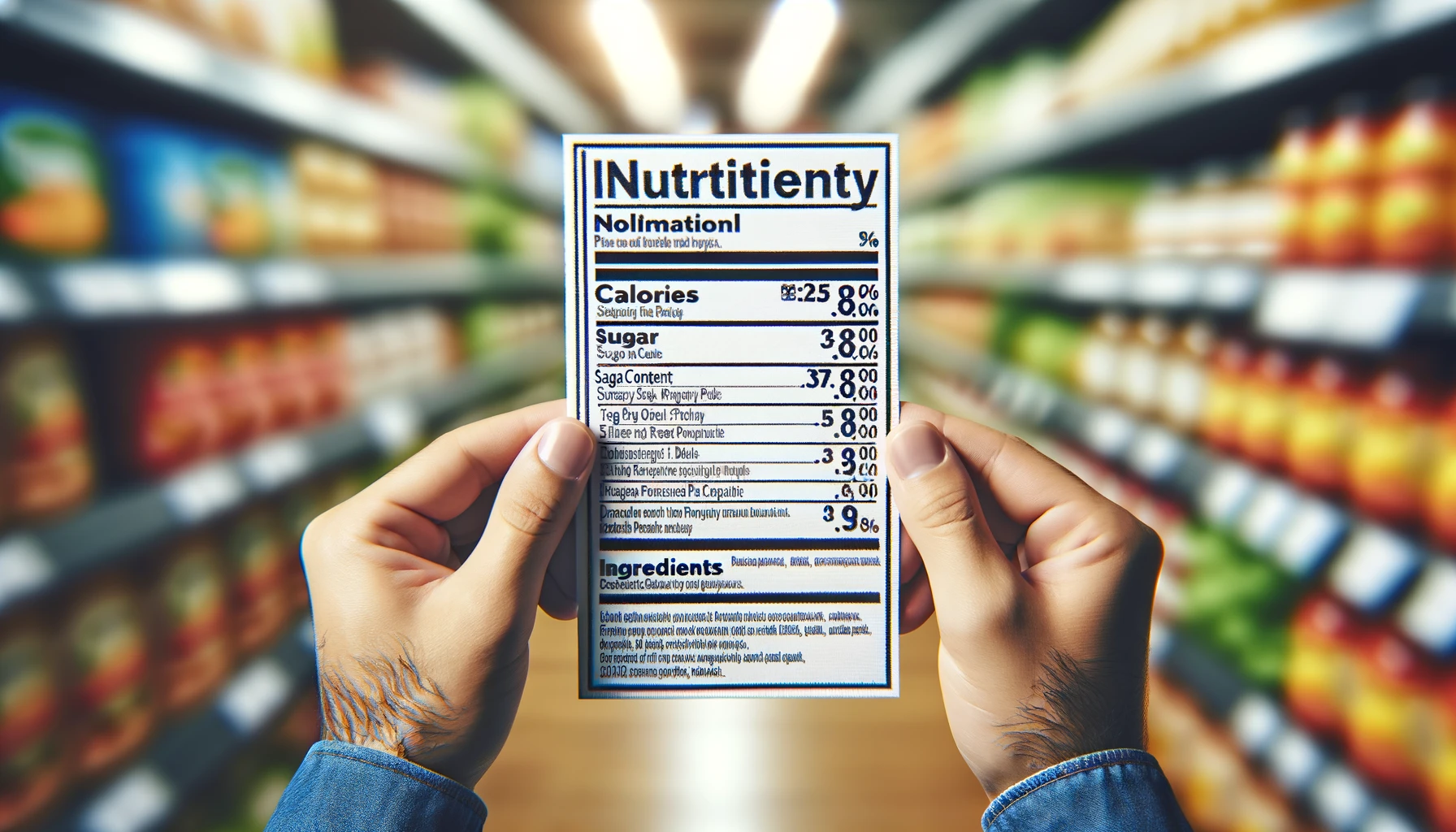Perder peso é um objetivo comum para muitas pessoas, mas um dos maiores desafios é manter os resultados ao longo do tempo. Muitas dietas prometem resultados rápidos, mas muitas vezes conduzem ao efeito ioiô – perda de peso rápida seguida de recuperação de todo o peso perdido (ou mais).
Então, como é que se pode perder peso de uma forma saudável e sustentável? Neste artigo, vamos explorar estratégias eficazes para conseguir uma perda de peso duradoura sem prejudicar o seu corpo.
Porque é que o Efeito Yo-Yo acontece?
O efeito ioiô, também conhecido como ciclo de peso, acontece quando se seguem dietas muito restritivas que são difíceis de manter a longo prazo. Algumas das principais razões para este efeito incluem:
Restrição calórica extrema: Reduzir drasticamente as calorias abranda o metabolismo, tornando mais difícil manter a perda de peso.
Perda de massa muscular: Muitas dietas radicais causam perda de músculo, o que reduz a capacidade do corpo de queimar calorias de forma eficiente.
Desequilíbrios hormonais: A perda rápida de peso pode afetar as hormonas da fome, como a leptina e a grelina, fazendo com que sinta mais fome.
Falta de hábitos sustentáveis: Se uma dieta for demasiado rigorosa, as pessoas voltam frequentemente aos hábitos alimentares antigos depois de atingirem o seu objetivo de perda de peso.
Para evitar o efeito ioiô, é essencial adotar estratégias a longo prazo que promovam a perda e a manutenção de um peso saudável.
1. Concentre-se numa dieta equilibrada em vez de dietas da moda
As dietas da moda prometem muitas vezes resultados rápidos, mas são difíceis de manter. Em vez de seguir planos extremos, concentre-se numa dieta equilibrada que inclua:
✔ Proteínas magras: Frango, peixe, ovos, feijão, tofu e iogurte grego ajudam a manter a massa muscular e a mantê-lo cheio.
Gorduras saudáveis: Abacates, nozes, sementes, azeite e peixes gordos apoiam a função cerebral e a saúde geral.
Hidratos de carbono complexos: Os cereais integrais, os legumes e as leguminosas fornecem energia e nutrientes essenciais.
Alimentos ricos em fibras: Frutas, vegetais e grãos integrais melhoram a digestão e ajudam a controlar o apetite.
Evitar alimentos ultra-processados, bebidas açucaradas e álcool em excesso, pois contribuem para o aumento de peso e problemas de saúde.
2. Comer com atenção e controlar as porções
Comer com atenção ajuda-o a ouvir os sinais de fome e saciedade do seu corpo. Para o praticar:
Coma devagar e mastigue bem.
Evite distracções (TV, telefone) enquanto come.
Utilize pratos mais pequenos para ajudar a controlar as porções.
Reconhecer os estímulos emocionais para comer e encontrar formas alternativas de gerir o stress.
3. Manter-se ativo e construir músculos
O exercício é crucial para a perda de peso e para a manutenção a longo prazo. No entanto, nem todos os exercícios são iguais quando se trata de prevenir o efeito ioiô.
O treinamento de força ajuda a construir músculos, o que aumenta o metabolismo e evita a recuperação de peso.
Os exercícios cardiovasculares (corrida, ciclismo, natação) ajudam a queimar calorias e a melhorar a saúde do coração.
O ioga e o Pilates reduzem o stress, melhoram a flexibilidade e contribuem para o bem-estar geral.
Procure fazer pelo menos 150 minutos de exercício moderado ou 75 minutos de exercício intenso por semana, combinados com dois ou mais dias de treino de força.
4. Dormir o suficiente e gerir o stress
A falta de sono e níveis elevados de stress podem contribuir para o aumento de peso. Quando não se descansa o suficiente:
O seu corpo produz mais grelina (hormona da fome) e menos leptina (hormona da saciedade), o que faz com que anseie por alimentos não saudáveis.
O stress aumenta o cortisol, o que pode levar ao armazenamento de gordura, especialmente na zona da barriga.
Para melhorar o sono e gerir o stress:
🛏️ Obter 7-9 horas de sono de qualidade por noite.
Praticar técnicas de relaxamento, como a meditação ou a respiração profunda.
Envolver-se em actividades agradáveis, como caminhar, ler ou ouvir música.
5. Mantenha-se consistente e paciente
A perda de peso sustentável leva tempo. Defina objectivos realistas, acompanhe o progresso e celebre as pequenas vitórias. Em vez de procurar uma solução rápida, concentre-se em mudanças de estilo de vida a longo prazo que apoiem a sua saúde.
Lembre-se: O objetivo não é apenas perder peso, mas criar hábitos saudáveis que durem uma vida inteira.








